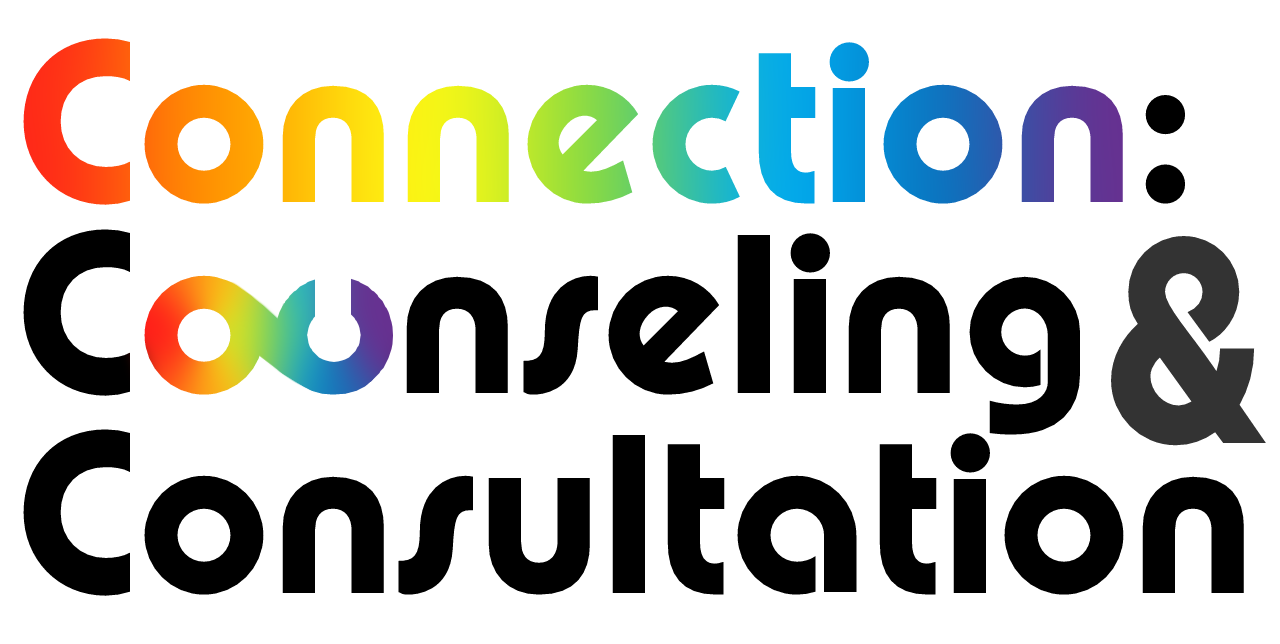Note: We are currently not recruiting interns for Summer 2025-Unless you have previous autism experience
I’m a Master’s level helping student, or, an undergraduate who wants to gain more experience before obtaining an advanced degree.
What can I expect from a placement with Connection Counseling?
Completing your Master’s practicum or Internship(s) with Connection Counseling & Consultation is a very unique experience. There is no other outpatient therapy practice that offers the variety of experiences we offer. We pride ourselves on providing quality care to the folks we serve which means you will receive a very high level of supervision and support. We also strive to be competent in all needs connected to clients who identify as neurodivergent and/or queer.
We are a small practice, and so compared to most larger agencies we offer a very individualized approach for our students. You will receive group supervision on a regular basis, and that group will be composed of individuals who are working towards their license post-graduation, as well as students who are working on practicums and internships. Supervision is provided by April Artz, LPC (read bio for more details on April).
The Big Picture:
What Will I Do/Learn In My Placement?
Placements will involve the student:
Shadowing seasoned clinicians (mostly in the community/at client’s schools & homes) (Direct hours)
Assisting in running in-person social skills groups on Sundays for a wide range of neurodiverse youth (Direct hours)
Assisting with behind-the-scenes tasks (ex: curriculum development, resource guides, etc)
Shadowing April during adult evaluations for Autism (Direct hours)
Shadowing April & CC&C team members providing consultation services
Shadowing April to learn more about early development in children
Picking up your own coaching or therapy clients after having shadowed several clinicians at the practice (Direct hours)
A deep dive into understanding the world of neurodiversity and what it looks like from childhood through adulthood
You will learn how to:
Observe behavior and determine it’s function
Incorporate Positive Behavior Support techniques into a natural environment (these techniques work for groups of all ages and are easily transferred to other settings and groups)
Create behavior charts, reward systems, and visual schedules
Make accommodations for students with invisible disabilities at the schools where we provide consultation services
Run group check-ins
Recognize what autism looks like across all ages, genders, and stages of life
What Positive Behavior Support consultation looks like when applied in local private school settings
Skills Needed to be Successful:
Strong executive functioning/organizational skills
Ability to “jump right in” as needed
Assertiveness
Strong communication skills
Open minded
Creative: We never use a one size fits all approach
Not wedded strongly to using only one therapeutic methodology (ex: only CBT, only DBT, etc)
Emotional fortitude (not all clients will be socially gracious/immediately responsive)
Patience in terms of conducting individual therapy (we only assign you individual clients once you have shadowed for a few weeks)
If you have a passion for neurodiversity and are a quick learner, we will happily keep you around for prac and internship!
If your program allows it, we sometimes provide paid work opportunities to students once they have reached Internship II, depending on the practice’s needs and the student’s availability/level of professionalism demonstrated over time
